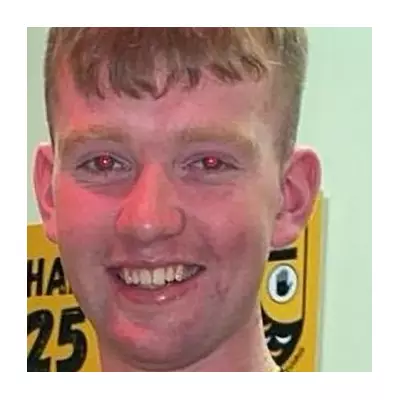
A married couple who were the only people ever convicted of female genital mutilation (FGM) in Ireland have had their convictions quashed and are now seeking certificates of miscarriage of justice after spending two years in prison.
The Controversial Conviction
The case began nine years ago in a south Dublin flat when Sayeed discovered his infant daughter Ayeesha crying and bleeding after an apparent fall. He immediately took her to Crumlin Children's Hospital, where he insisted on an internal examination despite initially being told they could return home.
This examination triggered child protection protocols when hospital staff became suspicious of the injury's origin. Medical professionals, including paediatric surgeon Dr Sri Paran, concluded the injury could not have been accidental and referred the case to gardaí.
Dr Sinead Harty, head of child protection at Crumlin Children's Hospital, testified that Ayeesha's clitoral head was missing and stated this was caused by female genital mutilation. This opinion was supported by prosecution FGM expert Dr Deborah T Hodes, who reported the findings were consistent with FGM.
Translation Failures Undermine Justice
The case began unravelling when translation experts identified serious flaws in the interpretation services provided throughout the legal process. From the initial Garda interviews to the courtroom trial, multiple interpreters demonstrated inadequate skills.
Translation expert Dr Mary Phelan told RTÉ that the first interpreter had significant problems with French translation, couldn't properly interpret legal cautions, didn't know how to translate FGM, and worked without pen or paper, relying solely on memory while frequently omitting details.
The problems escalated during the trial, which involved switching between three languages: English, French and an African language. On the second day, proceedings continued despite the absence of Halawa's interpreter, who had been involved in a road traffic accident.
Evidence became increasingly difficult to translate accurately, particularly during forensic testimony. Critical confusion emerged over words like 'standing', 'sitting' and 'over', which fundamentally affected Sayeed's evidence about how his daughter sustained her injury.
Appeal Reveals Fundamental Flaws
After serving more than 250 days of their sentences - Halawa receiving four years and nine months, Sayeed five-and-a-half years - the couple assembled new legal teams and launched an appeal.
Defence solicitor James McGuill described the trial transcripts as appearing like 'gibberish because the questions didn't follow the answers and the answers didn't follow the questions.'
The appeal gained momentum when Professor Birgitta Essén, an FGM expert, reviewed the medical evidence and concluded no FGM had occurred, contradicting the original medical witnesses. Notably, no FGM expert had physically examined Ayeesha throughout the entire legal process.
In 2021, the Court of Appeal overturned the convictions based on the translation failures, marking the first time in Ireland that interpretation issues formed the foundation of a successful Circuit Court appeal.
Aftermath and Continuing Legal Battle
The couple were released from prison and returned to their three children. A retrial in 2023 ended with a hung jury, and in 2024 the Director of Public Prosecutions entered a nolle prosequi, dropping all charges.
Now, Halawa and Sayeed are seeking formal recognition of their wrongful conviction through a miscarriage of justice certificate. Their case has highlighted systemic issues within Ireland's translation services and raised questions about how non-English speakers navigate the justice system.
The story has been extensively documented in RTÉ's six-part podcast series 'First Conviction', narrated by Oscar-nominated actress Ruth Negga, which investigated the circumstances surrounding this groundbreaking case.





